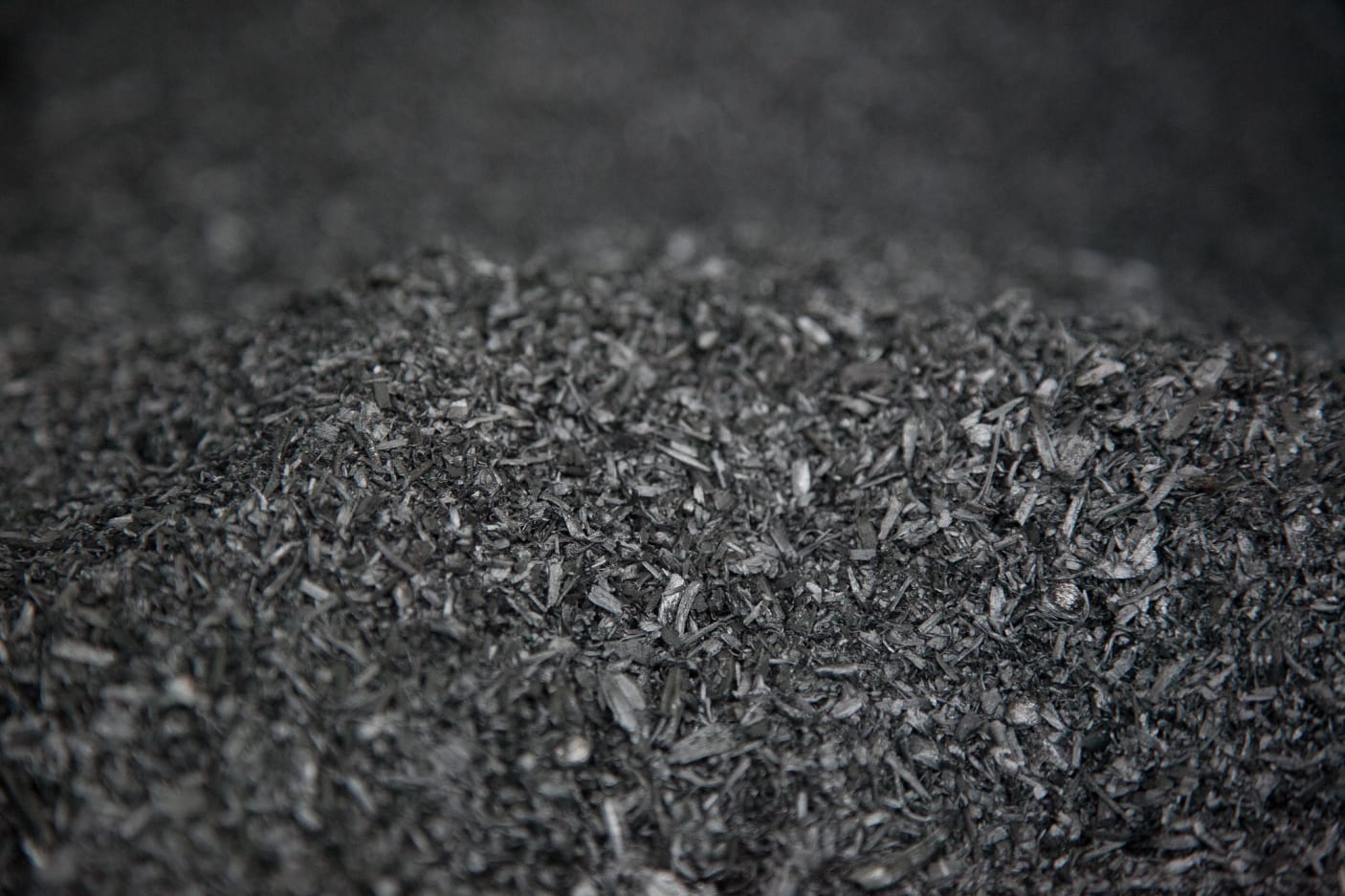Offset CO2 with biochar
Biochar as CO2 storage
CO2 offsetting with biochar is an effective way to help remove CO2 from the atmosphere and store it for hundreds of years. Biochar is a stable, carbon-rich product. It is formed through the pyrolysis of biomass in the absence of oxygen. Biochar is extremely durable and can sequester CO2 permanently.
We are ForTomorrow, a non-profit climate protection organisation based in Berlin. Our goal is to achieve the greatest possible impact for your CO2 offsetting. We now want to expand our range of CO2 offset options and plan to offer biochar from Germany as an offset solution.
Would you like to offset CO2 with biochar?
How does offsetting CO2 with biochar work?
Biochar is produced through a process called pyrolysis. This process requires a special pyrolysis stove which can heat plants or other biomass with little oxygen. As a result, the plant residue is converted into biochar, which contains large quantities of CO2.

One tonne of biochar can sequester around two tonnes of CO2 for hundreds of years. So, by supporting the production of biochar, you are helping to remove CO2 from the atmosphere. The amount of CO2 absorbed in the biochar counts as CO2 offset.
What are the advantages of CO2 offsetting with biochar?
Biochar is not only good for CO2 offsetting. Also referred to as black gold, biochar has several advantages for the soil and agriculture.
- Improvement of the soil structure: biochar can increase the water retention capacity of the soil and contribute to a better soil structure.
- Increased fertility: enriching the soil with biochar can raise the organic carbon content, which improves soil fertility.
- Versatile applications: biochar can be used in agriculture, in urban tree substrates, as a building material and in many other areas.
How is CO2 offsetting achieved using biochar?
When you offset CO2 with biochar through ForTomorrow, the first step is to produce the biochar. This will then be distributed on agricultural land, where it will sequester the CO2 removed from the atmosphere for several hundreds of years. Its effectiveness and measurability are ensured by the strict EBC standards, a certification process developed specifically for biochar.
It is important that the biochar is added to the soil. This ensures that it remains stored there and can sequester CO2 for the long term.
The pyrolysis stove from which we obtain the biochar is located near the Lüneburg Heath in Germany. So you’re not only doing something good for the environment, your biochar also improves the soil quality in the region.
How can you offset CO2 with biochar?
We have now started working with a partner in the Lüneburg Heath and are proud to be able to offer German biochar as a CO2 offset solution. First, we will assess the demand for CO2 offsetting with biochar. You can help us with this assessment by contacting us if you would like to offset your CO2 emissions with biochar.